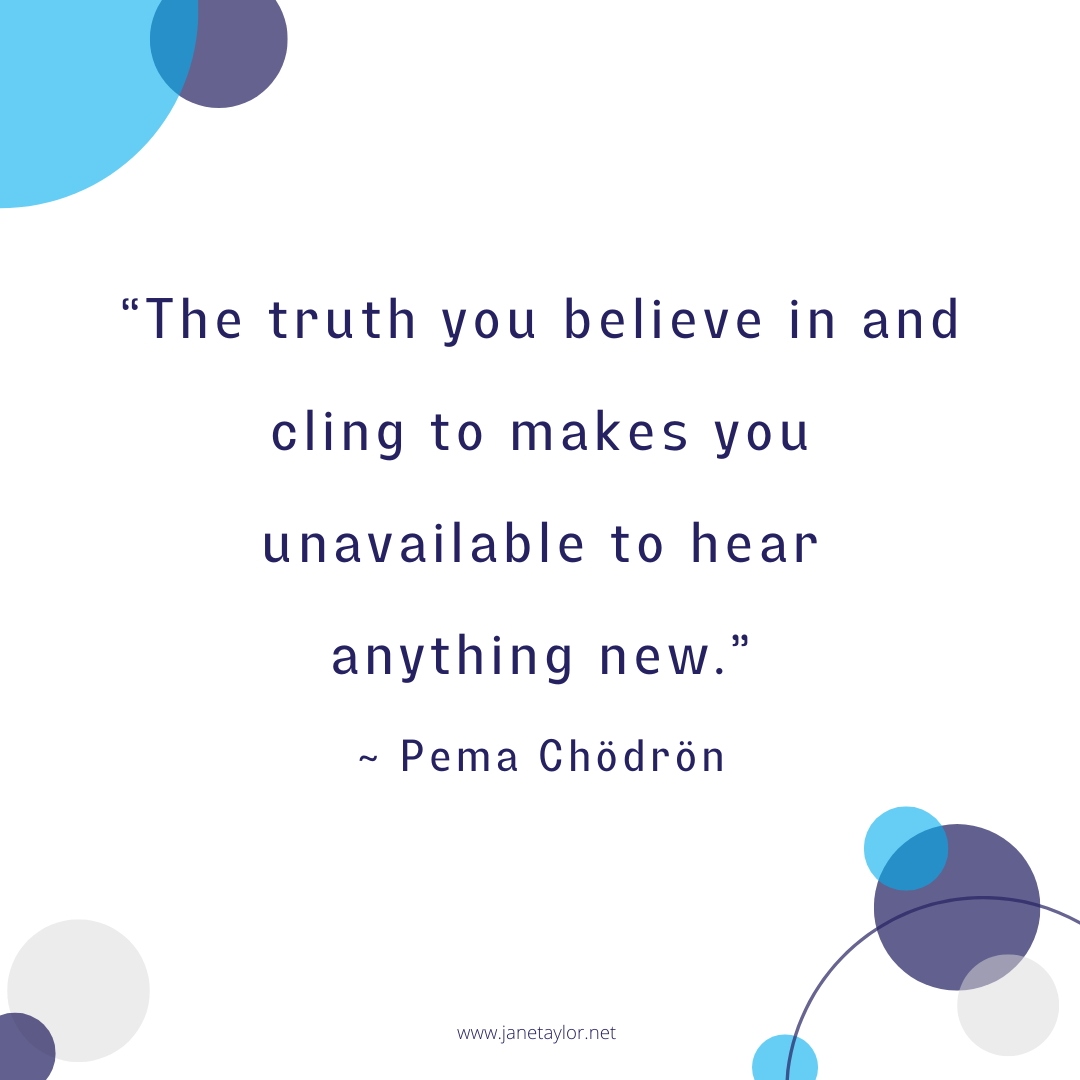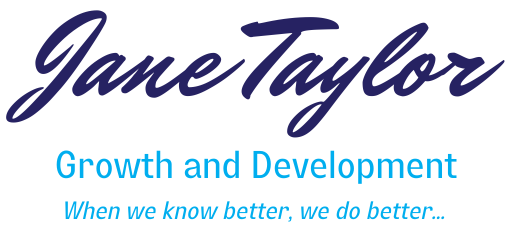Beliefs Are Not Facts!

“Man often becomes what he believes himself to be. If I keep on saying to myself that I cannot do a certain thing, it is possible that I may end by really becoming incapable of doing it. On the contrary, if I have the belief that I can do it, I shall surely acquire the capacity to do it even if I may not have it at the beginning.” ~ Mahatma Gandhi
When we start to become more honest with ourselves, we start to realise there are a number of things we believe that are actually not true and that beliefs are not facts.
In this post, I am going to share –
- What Are Beliefs?
- Where Do Beliefs Come From?
- What Are Some Examples Of Beliefs?
- Why Is It Easier To Believe Negative Beliefs?
- Transforming Beliefs
Let’s get started…
What Are Beliefs?
Let’s start with having a look at some definitions on beliefs. Beliefs are –
- “an acceptance that something exists or is true, especially one without proof.” ~ Google
- “Belief is the state of mind in which a person thinks something to be the case, with or without there being empirical evidence to prove that something is the case with factual certainty.” ~ Wikipedia
- “Assumptions and convictions that are held to be true, by an individual or a group, regarding concepts, events, people, and things.” ~ Business Dictionary
After reading those definitions, maybe you can see the large majority of our interpretations about life are beliefs (yes including that statement) and these beliefs shape how we see the world.
“If what you believe is actually true, you don’t need to believe it.”
~ Ron Smothermon
Where Do Beliefs Come From?
Beliefs can come from many places, including – family members, teachers, coaches, media, society and culture. They are formed by repeated thoughts and are mostly created in childhood from interactions with the people around us (N.B. this is not about blaming anyone, particularly our parents). As children’s brains are not fully developed, they can take on many beliefs from their immediate environment as they do not know the difference between what is real and what is not.
For example – a situation occurred in childhood, interpretation about the situation was made, which led to making meaning, that lead to a thought. That person then believed that thought (whether it was true or not), kept thinking it as other similar situations occurred over time, Subsequently, it became a belief.
“Nothing binds you except your thoughts; nothing limits you except your fear; and nothing controls you except your beliefs.”
~ Marianne Williamson
What Are Some Examples of Beliefs?
There are many examples of beliefs. They can be general or specific. Specific beliefs relate to specific areas of life – including money, family, friends, work, health and fitness and general beliefs are more global and can relate to many different areas.
Some example of beliefs that we can take on during life include –
- “I am not worthy” or “I am not a worthwhile person”
- “I am not ________ enough” (insert pretty, smart, fit, rich, tall – basically anything!)
- “I don’t deserve it” or “I deserve that to happen to me as I am not a nice person”
- “I don’t have enough ________” (jnsert time, support, experience, money, brains – again nearly anything here!)
- “There is not enough for everyone, so I will do the right thing and miss out” (going from lack instead of abundance) – I have definitely been guilty of this one!
- “It’s not spiritual to have a lot of money”
- “I don’t want people to think I am ________” (insert your own word here)
- “I don’t trust myself”
- “I am going to fail, so why bother trying?”
Maybe you can relate to some of these?
Why Is It Easier To Believe Negative Beliefs?
You may have realised over your life, it is easier to believe negative or limiting beliefs. In the Buddha’s Brain, Dr Rick Hanson says “Your brain is like Velcro for negative experiences and Teflon for positive ones, even though most of your experiences are probably neutral or positive.”
Transforming Beliefs..
How do you transform beliefs? Firstly – remember that beliefs are not facts! Secondly, continue to practice and untangle the beliefs. There are ways to continually practice – including mindfulness, self-compassion and gratitude.
“That which transforms your life is what you practice. And what you practice constitutes your personal laws of life – not what you merely believe in, but what you practice. It’s all well and good to read books, and to attend seminars, lectures and workshops, and to say ‘Oh that really resonates with me! It’s now part of my life’s philosophy.’ Your philosophy may give you a temporary state of euphoria, but if you want to be anchored in Reality, it takes practice, practice, practice. We are not here to be euphoric, but to get free. Rudimentary spirituality is theory; advanced spirituality is practice.”
~ Michael Beckwith (Spiritual Liberation).
If you are ready to take yourself on the adventure of getting to know yourself (your true self), why not join the Toolkit? A place where I share tools, inspiration and ideas to live a courageous and openhearted life.
Reference –
Hanson, R. (2009). Buddha’s Brain: The Practical Neuroscience of Happiness, Love, and Wisdom. California, USA: New Harbinger Publications, Inc.
